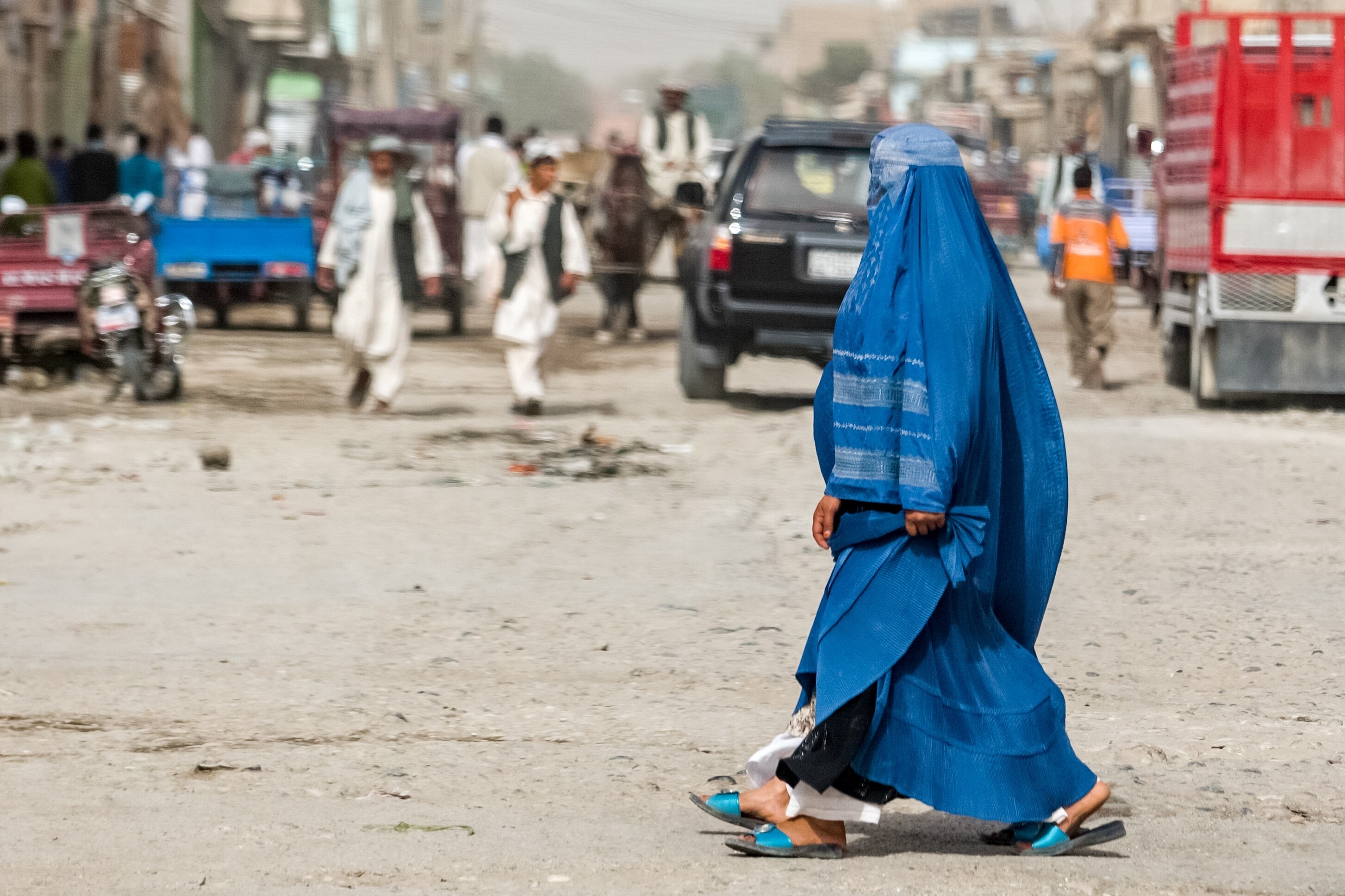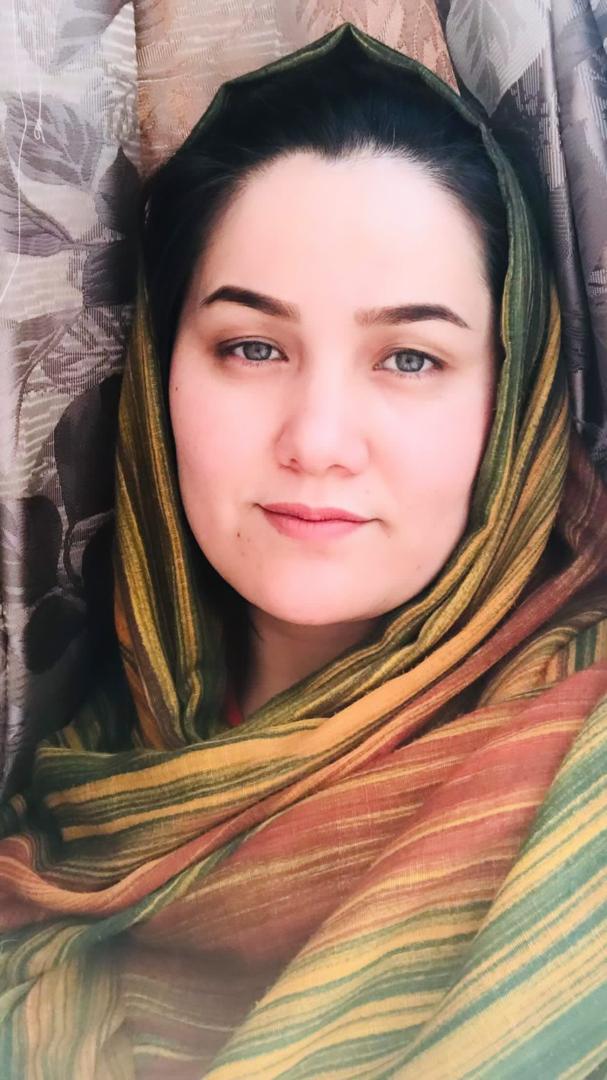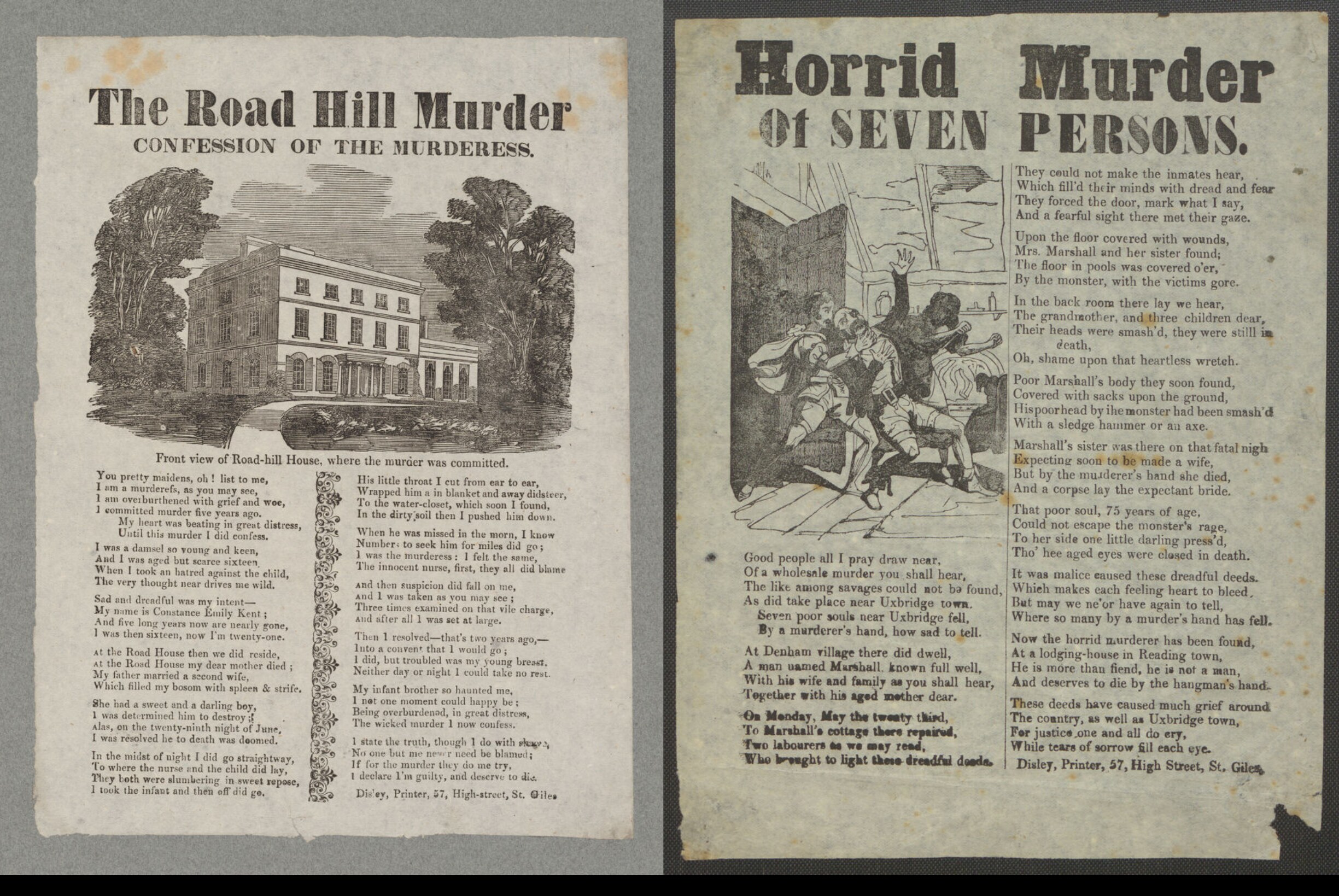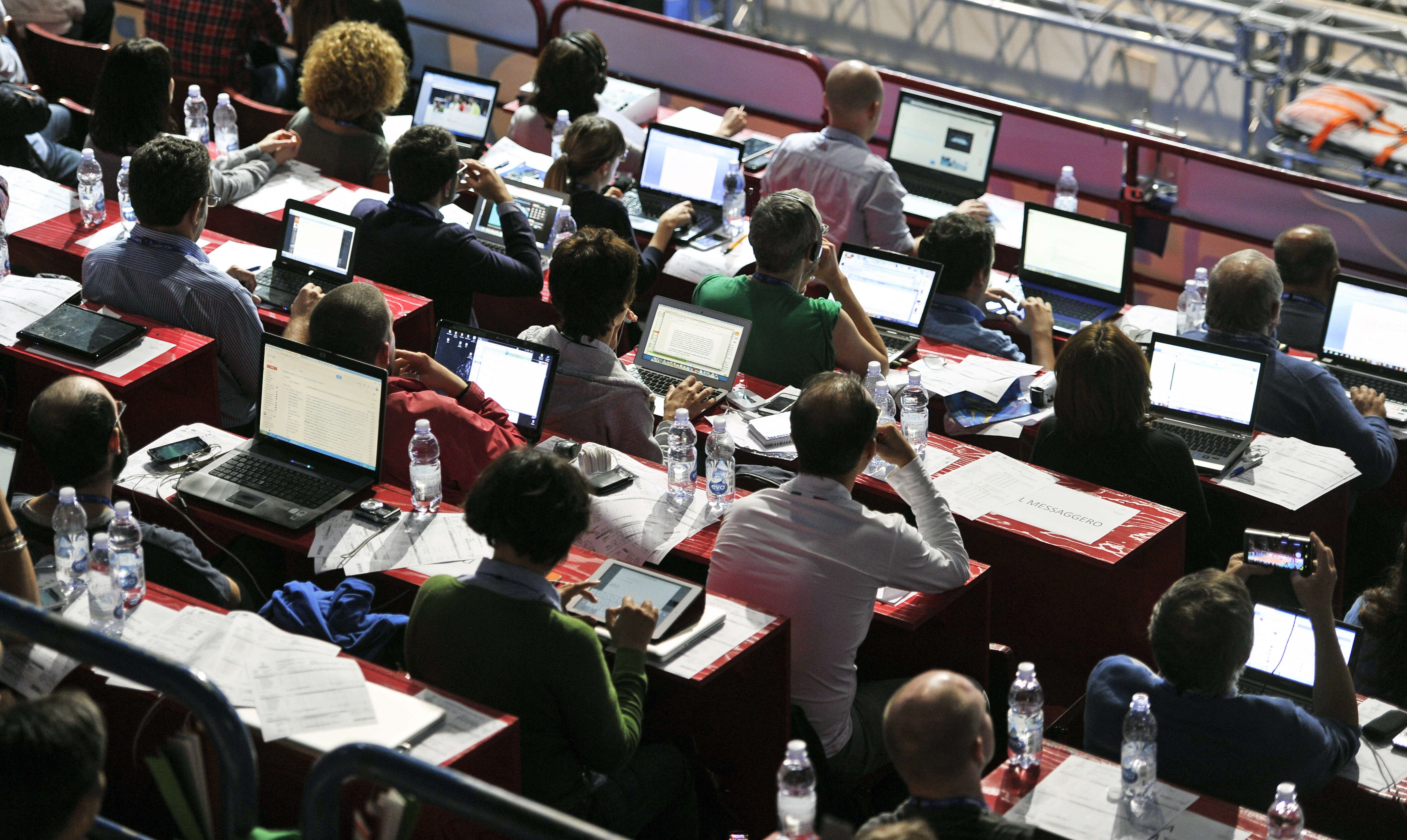يعرف الجميع محمد كريشان، المذيع الشهير على قناة «الجزيرة». ما إن حصلت على نسخة من سيرته الذاتية حتى سعدت بالعيش مع هذه التجربة الصحفية الشيقة. يخبرنا كاتبنا أن الكتاب ليس سيرة ذاتية ولا توثيقًا تاريخيًّا، إنه ببساطة مجرد محطات متناثرة ظلَّت عالقة في ذاكرته الصحفية، امتزج فيها السرد بالرأي، وتداخل المهني بالشخصي.
أخذتُ في قراءة السيرة التي سماها «محمد كريشان يروي: وإليكم التفاصيل»، وبعد عدة فصول تأكدتُ أنها سيرة ممتعة، أدوِّن هذا الرأي بعد ما كتبتُ ما يقارب خمسين مقالة حول السيَر الذاتية والمذكرات وعشتُ مع هذا الفن الجميل. وأنا ضامن للقارئ أنه سيقرؤها من الغلاف إلى الغلاف، وينتقل بين فصولها بخفّة ورشاقة، وإذا ضمنت لك متعة القراءة فلا أستطيع حمايتك من حالة الشجن التي ستشعر بها وأنت ترى حكايتنا مع السياسة وخيبات أوطاننا العربية وهزائمنا، كأن السيرة هي قصة أوجاع العرب.
أجَّل كريشان فكرة كتابة سيرة ذاتية بسبب دوامة العمل والسفر المتواصل منذ التحاقة بعالم التليفزيون بعد خروجه من تونس العام 1995، ولم تكن ظروفه تسمح بترف الجلوس لكتابة سيرته. واستمرَّ التأجيل إلى أن أتى فيروس كورونا واجتاح العالم، وكانت فرصة لكريشان ليجلس ويلملم ما كتب سابقًا، ويشحذ ذاكرته ويجمع أفكاره وأحداث حياته الإعلامية المبعثرة، ويسجّل لنا تفاصيل التجربة.
تونس فجر الصحافة وليل السياسة
يبدأ الكتاب بحكاية قصة محمد كريشان مع بلاط صاحبة الجلالة، ودخوله عالم الصحافة من بوابة جريدة «الرأي» تحت رئاسة تحرير حسيب بن عمار. تستعيد السيرة سنوات كريشان في العمل الصحفي في تونس وهو شاب، خصوصًا عندما انتقلت جامعة الدول العربية إلى هناك. وهي تذكّرني بسيرة الصحفي حمدي قنديل «عشت مرتين»، حينما ثأر من الشهرة الإعلامية في نهاية حياته بسبب برامجه السياسية مثل «قلم رصاص»، واستفاض قنديل في شرح تغطياته حول العالم كأنه أراد أن يؤكد تاريخه في العمل الصحفي قبل شهرته على شاشات التليفزيون. وهذا ما فعله كريشان في حكايته عن قصته صحفيًّا قبل أن يكون نجمًا على شاشة الجزيرة، خصوصًا في بدايات عمله الصحفي في تونس وزيارته لمصر ومقابلته الطريفة مع الشاعر أحمد فؤاد نجم، وعن رحلة عجيبة إلى ليبيا. والكتاب فيه حكايات عن العقيد القذافي غريب الأطوار، وعن تجربة كريشان مراسلًا لجريدة «عكاظ». وفي الكتاب صورة مختلفة للمنصف المرزوقي والباجي قايد السبسي، فتراهما صحفيَّين قبل الوصول إلى سدة الرئاسة. وحينما دخل صدّام حسين الكويت، دخل في نفس الوقت محمد كريشان بوابة العمل الصحفي مع الإذاعات لتغطية الأحداث، إذ عمل مراسلًا للإذاعة الهولندية.
«الجزيرة».. سيرة القناة الصداع
قصاصة صحفية صغيرة فيها إعلان من هيئة الإذاعة البريطانية "بي بي سي" عن رغبتها في توظيف مجموعة من المحررين والفنيين والمذيعين للعمل في لندن، في قناة جديدة تطلقها باللغة العربية. هذه القصاصة التي بقيت على مكتب كريشان حتى أصفرَّت من أشعة الشمس. كانت أولَ نداء له لِيُقدِم على وظيفة مذيع في «بي بي سي». في المذكرات قصة الوظيفة الأولى وما صاحبها من قلق، من الصحفي القادم من عالم الجرائد إلى عالم الشاشات، والعرَق يتصبب من كامل جسده وهو يقرأ النشرة الأولى، ولم يتنفس الصعداء إلا بعد أن ودّع المشاهدين في نهاية النشرة. وفي هذه الفصول ستشعر ببرد لندن القارس ويومها الكئيب القصير، ومشاعر الغربة وتجربة العمل التليفزيوني.
يسير بك الكتاب حتى ترى تبخُّر حُلم هذه القناة العربية في لندن، في تفاصيل تجدها بتمامها في الكتاب، ثم ينقلك من ضباب لندن إلى حرارة شمس الدوحة الساطعة، وهو يحكي قصته وقصة القناة الوليدة، قناة «الجزيرة»، الفكرة الخطيرة التي تفتق عنها وعي الإرادة السياسية في الدوحة، بإنشاء قناة تليفزيونية مختلفة، وبسقف حريات أعلى. هذه شهادة ممتعة، ترى فيها وصفًا للدوحة المدينة/الدولة بالمصطلح اليوناني، نراها في منتصف التسعينيات، والرعيل الأول من المسؤولين في القناة يتوافدون عليها، وحكايات عن محمد جاسم العلي مدير القناة، وكيف جمع فريقه، وعن سهره الدائم في رعاية القناة، حتى إنه اتصل عدة مرات في ليلة واحدة ليصحح أخطاء على الشاشة، فردّ المنتج المصري: «يا أبو جاسم، متى تنام حضرتك حتى نعرف نغلط براحتنا؟».
ينقل كريشان العبارة التي قالها له باتريك نيكولاس ثيروس سفير الولايات المتحدة في الدوحة بين عام 1995-1998، فحينما انطلقت المحطة بعث وقتها باتريك برسالة إلى واشنطن يقول فيها إنه إن «صدَق القطريون في ما يعلنونه بخصوص هذه القناة الجديدة فإننا مقبلون على صداع كبير!». ويستمر الكتاب في شرح أثر الجزيرة في التجربة الإعلامية العربية، وتجارب المؤلِّف معها، ولحظة بكائه على الشاشة حينما أعلن خبر وفاة طارق أيوب، وتجاربه في التغطيات الصحفية في العراق، وقلقه من مناطق النزاع، وجدالهم صباحًا في بغداد حول: كم انفجارًا حدث في الليلة الماضية؟ وفي زيارته للعراق للقاء الصحاف قبل سقوط بغداد تقابل مع الصحفي روبرت فيسك، وقال له ساخرًا: «إن الصحفيين يقصدون مناطق يكون الناس حينها بصدد مغادرتها».
فلسطين.. المهنة والوجع
كل الفضل يعود إلى راديو أبيه وصحفه التي علّمته حُبّ فلسطين، والطفل محمد يستمع إلى أخبار حزيران/يونيو 1967، كان محمد في الثامنة والنصف من العمر يسأل ويستفسر، فإذا لم يجد ما يشفي الغليل قلب الصحف التي يراكمها والده في البيت. كان يتابع الأخبار، فبعد أيلول الأسود العام 1970 جاءت عملية ميونيخ الفدائية العام 1972 خلال الألعاب الأولمبية في ألمانيا، ثم حرب أكتوبر 1973، فازداد شغفه بالشأن الفلسطيني ومتابعته له، وانتقل معه هذا الوعي إلى المدرسة، فهو الطفل الذي أغاظ معلّمته الفرنسية «مدام سوليي» عندما طلبت منه جملة بالفرنسية، فما كان منه إلا أن أعطاها جملة تقول: «الحرب بدأت لتحرير فلسطين»، فانتفضت المعلّمة صارخة في وجهه بغضب، قائلة إنّ هذا درس في اللغة الفرنسية ولا دخل للسياسة فيه.
كان يلتهم كل ما يخص أخبار فلسطين، إلى أن جاء اجتياح بيروت صيف 1982، بعد عام واحد من تخرجه في الجامعة، ليشكّل ذروة الاهتمام بفلسطين، إذ انتقلت القيادة الفلسطينية من لبنان إلى تونس. وذهب لتغطية الحدث لصحيفة «الرأي»، كانت تلك اللحظة نقطة تحول لحركة فتح، ونقطة تحول في حياة كريشان أيضًا، إذ تحوّل عمله بالكامل تقريبًا إلى متابعة الشأن الفلسطيني واجتماعات الجامعة العربية، التي انتقلت إلى تونس بعد مقاطعة الدول العربية لمصر بعد اتفاقية كامب ديفيد.
غطى محمد كريشان مجزرة حمام الشط، التي استهدفت فيها إسرائيل عرفات ومقر القيادة الفلسطينية في تونس، وكون كريشان علاقات مع القيادة الفلسطينية، أخذ بعضها بُعدًا إنسانيًّا، حتى إن القيادي أبو علي شاهين لم يتردد في دعوة كريشان وزوجته على صحن مقلوبة عندما علم أنها حامل، وهناك تعرف على منير شفيق (أبو فادي)، وسعى إلى عقد مقابلات مع الختيار «ياسر عرفات».
يقدم كريشان تصورًا عن عرفات بوصفه شاهد عيان، فقد صعد معه على الطائرة المتجهة إلى أمريكا لتوقيع اتفاقية أوسلو، وفي المذكرات تحليل لهذه الشخصية المحيرة، ويُظهِر كريشان حزنه على ذكرى عرفات وشخصيته التي يعتبرها فريدة. ويحكي لنا كريشان عن النكتة التي قيلت عن عرفات أنه خلال شعيرة رمي الجمرات في الحج رمى كل الحجرات لكنه احتفظ بواحدة، فلما سُئل عن السبب قال إنه لا يريد أن يقطع بالكامل مع الشيطان، فمن يدري؟ وفي الكتاب حديث عن بعض الشخصيات الفلسطينية مثل جورج حبش وإبراهيم أبو لغد وغيرهما.
مع هيكل
يتذكر محمد كريشان اليوم الذي جرى تكليفه بالقيام بأول مقابلة مع هيكل، مقابلاته مع هيكل على الهواء وصلت إلى عشرين لقاءً تليفزيونيًّا، ورغم أنه وهو شاب صحفي زار مصر حاول الوصول إلى هيكل، لكن سكرتيرة الأستاذ «زحلقت» هذا الشاب الصحفي صغير السن، الذي أصبح لاحقًا قريبًا من هيكل ويدخن السيجار مجاملة معه في عزبته في برقاش.
يلخّص كريشان تجربته مع هيكل في أحد مقالاته بقوله عند وفاة هيكل: «للراحل محمد حسنين هيكل مريدون مفتونون أو كارهون حاقدون، مُشِطّون في ما يشبه التقديس، أو مسرفون في الذم والقدح. لست من هؤلاء ولا أولئك، أحترم الرجل قامة صحفية نادرة وشبكة علاقات رهيبة وتجربة سياسية ثرية، لكن ذلك لا يعني بالضرورة التماهي التام مع كل ما قاله أو كتبه أو فعله».
هكذا يقدم كريشان الاحترام الكبير لأحد أهم الصحفيين العرب، ولا يوافق على كون الصحفي يجب أن يحكم على كل من يلتقيهم ويحاورهم، ويجد في أن مريدي هيكل لم يروا عيوبه، وأن كارهيه قد غمطوا حقه، وبين تطرف المحبين وبُغض الكارهين يقف كريشان على الحياد الممزوج بالحب والتقدير والعلاقة الشخصية مع هيكل.
وتأخذنا المذكرات في جولة حول كواليس تلك المقابلات والنقاشات بين المذيع والضيف، وزيارات محمد كريشان لبيت هيكل، وأكله الفطير "المشلتت". ولا نحتاج إلى كثير جهد لنرى أثر انبهار كريشان بالكاريزما التي امتلكها هيكل. ويصف كريشان هجمات هيكل على المختلفين معه بأنها لكمات عنيفة بقفازات من حرير. وتتمثل القيمة المهمة لهذه الفصول في معرفة بعض آراء هيكل، مثل عدم رضاه عن أداء «الجزيرة» في تغطية الثورات العربية، وعدم إعجابه ببرنامج «الشريعة والحياة» وضيفه الشيخ يوسف القرضاوي. كريشان يشرح العلاقة باستفاضة وبمعلومات مهمة، لكنه يتوقف عند لحظة الثورة السورية وتردُّد هيكل في دعمها، وكذلك مواقف هيكل السياسية من الأحداث في مصر، التي جعلت العلاقة تفتر قليلًا. والقراءة عن هيكل وتجربته من أمتع فصول الكتاب.
سيرة حافلة بالسياسة والمفارقات
أنهى كريشان الكتاب بفصل عن طرائفه مع الزعماء العرب، ربما لأن الصحفي لا ينبغي أن ينغمس كثيرًا في الابتسام. وينقل لنا بعض حكاياته مع الزعماء، مثل سؤال الرئيس اليمني علي عبد الله صالح للمخرج عماد بهجت: «أخ عماد، انت سنّي والا شيعي؟»، فردّ عماد: «والله يا سيدي الرئيس لا هذا ولا ذاك»، وتطوع كريشان بالتوضيح أن عماد مسيحي، فقال الرئيس عبد الله صالح: «خليك مسيحي أحسن، بلا وجع راس»!
كذلك يحكي عن مقابلته مع بشار الأسد في باريس لتصوير حلقة معه، والنقاش مع بشار قبل التصوير، وجاءت سيرة السوريين العاملين في «الجزيرة»، فحكى كريشان عن تيسير علوني، ثم ذكر لونا الشبل، فردّ بشار: «هذه بنتنا»! لم يكن كريشان يتخيل أنها ستنتقل بعد أعوام قليلة من العمل في «الجزيرة» لتصبح مستشارة نافذة في قصر بشار ومن المقربين إليه. وعن شخصية لبنانية تعرَّف إليها في هذا اللقاء، ولن أخبرك مَن هذه الشخصية، فالقصة لافتة في الكتاب.
يبرع كريشان في جذب انتباهك في بداية فصوله، وفي البحث عن قفلة مناسبة للفصل بطرفة أو مفارقة، فقلمه الصحفي الذي لم يتوقف عن كتابة مقال أسبوعي في جريدة «القدس العربي»، دأب عليه منذ أكثر من عشرين عامًا، حرصًا منه على أن يعبّر عن آرائه الخاصة في شؤون شتى لا يسمح بها عالم التقديم التليفزيوني، وحتى لا يتكلَّس قلمه بعد أن هجر الصحافة المكتوبة، التي يصفها بحبه الأول.
الكتاب يفيض بالمواقف الإنسانية في حياة الكاتب، إذ نراه يحكي لنا لحظة وفاة والده، التي يصفها بأنها كانت الجرح الغائر الذي لم يشفَ منه إلى اليوم، أو غضبه من مقالة هاجمته، ورفعه قضية بعد الثورة التونسية على الصحفي عبد العزيز الجريدي، عندما كتب الجريدي مقالًا يحتوي على تشهير وهجوم على كريشان. والذي أزعج كريشان في هذا المقال بالذات هو أن المقال قرأته والدته، التي قالت له إن النوم لم يكحل جفونها بسبب هذا الهجوم، وتخاف أن يكون المقال مقدمة لتدبير سوء من حكومة بن علي قبل سقوطه، لذلك قرر مقاضاة هذا الصحفي الذي أزعج والدته وجعلها تعيش هذا القلق من الافتراء على ابنها.
نستطيع وضع سيرة كريشان مع عديد من الكتب التي أرَّخت لمراحل «الجزيرة» عبر تجاربِ مَن عمل فيها، مثل كتاب علي الظفيري «بين الجزيرة والثورة»، أو تجربة المراسل أحمد فال ولد الدين عند اعتقاله في ليبيا التي حكاها في كتابه «في ضيافة كتائب القذافي»، أو بعض من هوامش عارف حجاوي في كتابه «حياتي في الإعلام»، وكتاب أسعد طه بعنوان «يحكى أنَّ: عن الذات والحرب والثورة»، على أنها أشمل منهم جميعًا في كونها سيرة غطَّت معظم مراحل حياته.
سيرة محمد كريشان لا تحتوي على كثير اعترافات، أو مغامرات عاطفية، أو مراجعات نقدية، فهو يثبت لنا صحة مقولة أرسطو أن الإنسان حيوان سياسيّ، لأن السيرة تدور حول هموم السياسة حتى النخاع، وركض حول التصريحات والمقابلات والتغطيات، ومضايقات الأجهزة الأمنية للصحفيين مثلما حدث معه في إسرائيل، وتفتيشه في الولايات المتحدة، وتحقيق فضولي من فرع المخابرات السورية في مقر فرع فلسطين في دمشق، وغيرها كثير من الحكايات الممتعة والمؤلمة. هي سيرة تحكي قصة الإعلام أيضًا، ولعلها تشجع أساطين تلك المهنة على المشاركة في تدوين مذكراتهم وحكايات حياتهم.












































